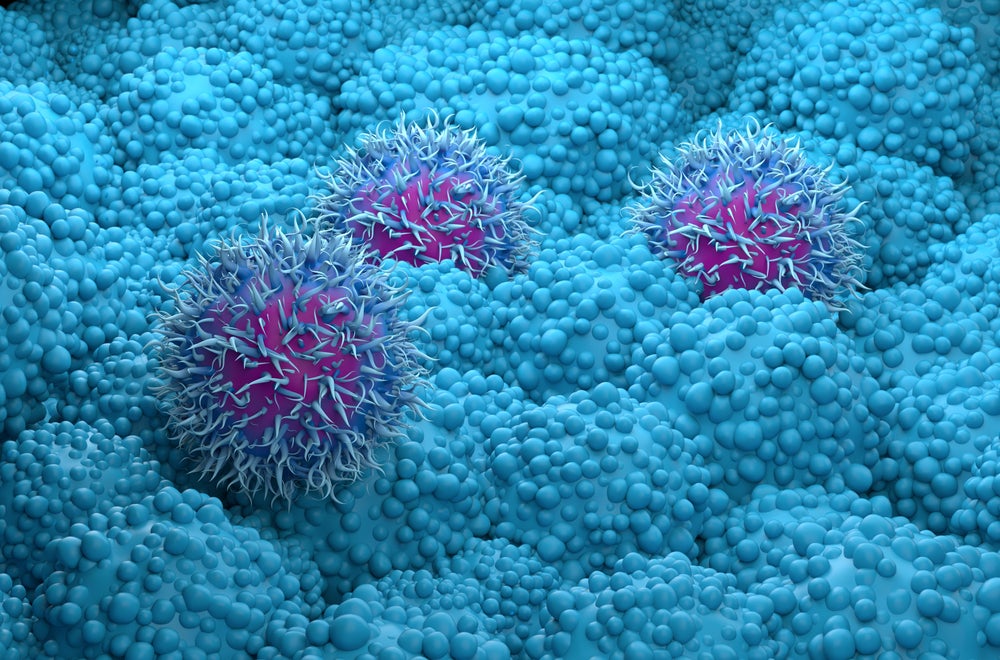
The US Food and Drug Administration (FDA) has granted an orphan drug designation to ImPact Bio’s padeliporfin vascular targeted photodynamic therapy (VTP) for patients with locally advanced pancreatic cancer.
Israel-headquartered ImPact Bio expects to submit an investigational new drug application (IND) later in 2023, with a Phase I trial of the treatment in patients with locally advanced pancreatic ductal adenocarcinoma also scheduled for this year, per a 5 July press release.
Orphan drug designations come with certain benefits such as granting tax credits for US-based clinical trials and recommendations from the FDA on the required clinical and preclinical studies.
Padeliporfin VTP is based on the combined use of the drug padeliporfin and non-thermal laser light. The drug is administered intravenously to a patient after which it is activated by a non-thermal laser light in the specific area of the tumour, per the company’s website. The light results in the drug’s rapid response in the illuminated area, constricting blood supply and tumour necrosis. The approach used in the therapy was initially developed at the Weizmann Institute of Science.
According to the press release, ImPact Biotech is a spin-off from the Luxemborg-based Steba Biotech, which initially developed the treatment. In March 2021, the FDA granted orphan drug status to the drug’s potential use in upper tract urothelial cancer. A Phase III study (NCT04620239) evaluating padeliporfin VTP is recruiting patients with upper tract urothelial cancer, per the ClinicalTrials.gov listing. Prior to that, the same agency also gave the therapy a fast-track designation for use in low-grade and unifocal high-grade upper tract urothelial cancer.
Notably, the European Commission authorised the therapy, marketed under the name Tookad, for use in men with low-risk prostate cancer in November 2017. However, in February 2020, an FDA Advisory Committee (AdCom) voted mainly against the treatment’s use in prostate cancer in the US.
